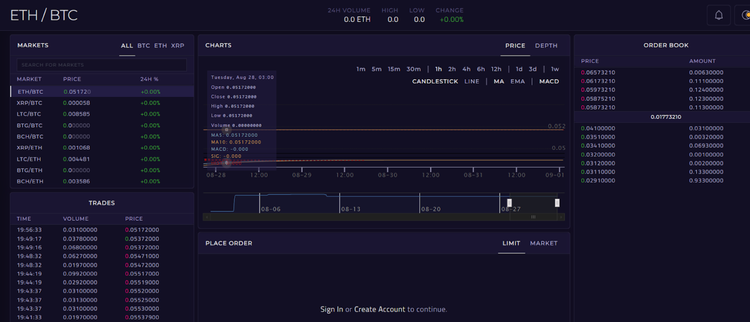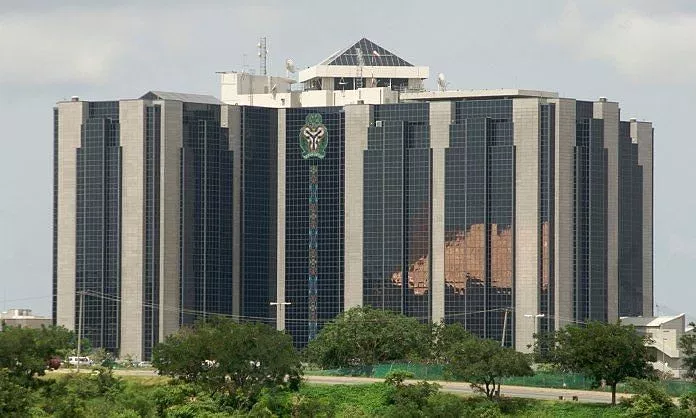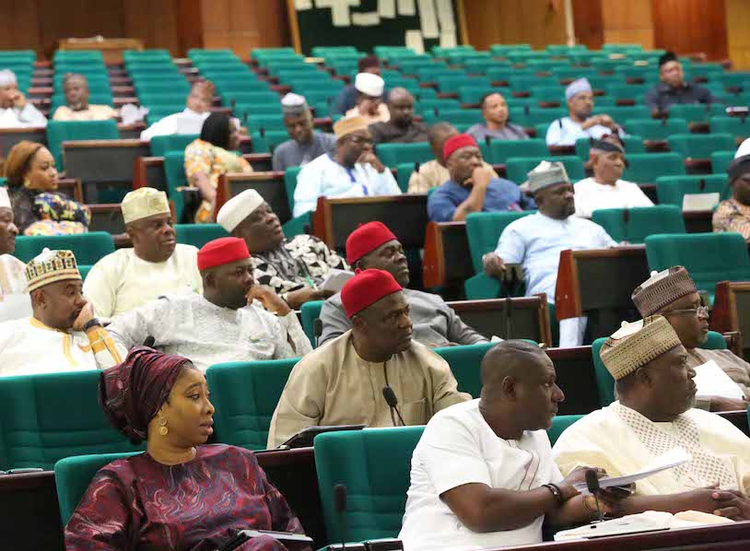A growing number of Nigerian citizens and businessmen are starting to use bitcoin as an alternative to their own currency, the Nigerian Naira, which seems to be more volatile than bitcoin. However, Nigeria’s love for the cryptocurrency began with a scam.
Ponzi scheme
Russian fraudster Sergey Mavrodi roped in millions of Nigerians from late 2015 to the end of 2016 with promises of 30 percent returns in as little as 30 days through the Mavrodi Mondial Moneybox (MMM), a 30-year-long global Ponzi scheme that began in Russia, according to Bloomberg.
Between February and July 2016, the number of people signed up to the Ponzi scheme grew from a few hundred thousand to over two million. Nigerians would continue to join the program despite repeated warnings by the country’s central bank and the Economic and Financial Crimes Commission (EFCC) move to launch an investigation in the scheme’s operations. People’s willingness to join the scheme was no surprise, considering that the country was living its worst economic recession for 25 years.
When the government began to crack down on bank accounts linked to the scheme, MMM’s operators cut the banks out and started requiring victims to use bitcoin, convincing locals that t bitcoin was the future.
By the time MMM suspended its payouts, shortly before Christmas 2016, it had robbed an estimated 3 million Nigerians - where per capita annual income is less than $3,000 - out of $50 million. However, it was MMM that made Nigerians understand how bitcoin works. And it’s safe to say they had rather mixed feelings when Mavrodi died of a heart attack, aged 63, in a Moscow hospital on March 25, 2018
The scams have kept their pace though. Phony traders have flooded Nigeria’s cryptocurrency exchanges, messaging apps, and even the streets of Lagos and other cities, promising people fast money and disappearing once they’ve taken theirs.
Nigeria as a crypto hub
Nigeria has been a big cryptocurrency hub for the past few years. In a most recent development, Europe-based firm Quidaxunched its digital assets exchange platform in Nigeria.
Quidax allows users to buy and sell 6 cryptocurrencies, including bitcoin, ethereum, XPR, litecoin and bitcoin gold and bitcoin cash, but intends to expand to over 20 in next 3 months.
In additions, KAD ICT Hub, a Nigerian state-backed innovation hub, has launched the Africa Blockchain Lab in collaboration with UK blockchain company Coinfirm. The program aims to help bring together blockchain companies building solutions in Africa with a view of improving financial inclusion.
As per December 2017 Nigeria was the second in the world after China in terms of peer-to-peer bitcoin trading, according to Bloomberg.Nigeria saw peer-to-peer transactions rise almost 1,500 percent last year, as the country went through a foreign exchange market overhaul that led the local currency Naira to weaken 12.4 percent. The trading volume amounted to about $115 million.
Warning against cryptocurrency risks
The Nigerian Central Bank has repeatedly warned citizens against crypto investments. In January this year, Central Bank Governor - Godwin Emefiele said “investing in the cryptocurrency is a gamble” and hinted it may have to be regulated. “We cannot as a central bank give support to situations” where people risk savings to “gamble,” he said in an interviewith Bloomberg.
In January 2017, the central bank released a circular to lenders asking them not to use, hold, or trade virtual currencies pending “substantive regulation and or decision by the CBN.”
Further to the circular, on February 28, 2018 the Bank reiterated that cryptocurrencies and exchanges were not licensed or regulated by the CBN. The Bank reminded that dealers and investors in any kind of crypto currency in Nigeria are not protected by law and warned against risks inherent in such activities.
“Virtual currencies are traded in exchange platforms that are unregulated, all over the world. Consumers may therefore lose their money without any legal redress in the event these exchangers collapse or close business,” it said.
A month later, the Manager in charge of Research Department at the Nigeria Deposit Insurance Corporation (NDIC), Mr. Adikwu Igoche issued a statement, clarifying that “cryptocurrencies are not deposits or financial instruments authorized by the Central Bank of Nigeria, CBN. Therefore, such instruments “are not insured by the NDIC.”
“These forms of currencies are not backed by any physical commodity, such as gold or other precious stones. “They do not belong to the category of currencies or coins issued by the CBN or the central bank of any other country,” Igoche said. He warned that anyone trading in the business would bear full responsibility for any loss.
Furthermore, on April 26, 2018, members of the House of Representatives, urged the Central Bank of Nigeria (CBN) and the Nigerian Deposit Insurance Corporation (NDIC) to create a legal framework for the regulation of blockchain technology, Business Day Onlinereported.
Blockchain as a tool to eradicate corruption
The African country intends to use the blockchain technology to eradicate corruption. The Nigeria Customs Service (NCS) is piloting an application called Oracle’s Blockchain Cloud Service, which will help the agency manage its business processes and procedures in a bid to achieve a corruption-free environment. The platform will be used to document and keep track of products manufactured by local businesses, as well as keep records of licenses and permits.
With its Excise Trade Automation fully on blockchain, the Nigerian Customs Service (NCS) could experience a 50% growth in revenue, adding to its current $280 million accrued monthly said Aber Benjamin, Assistant Comptroller General, ITWeb Africa reports.






